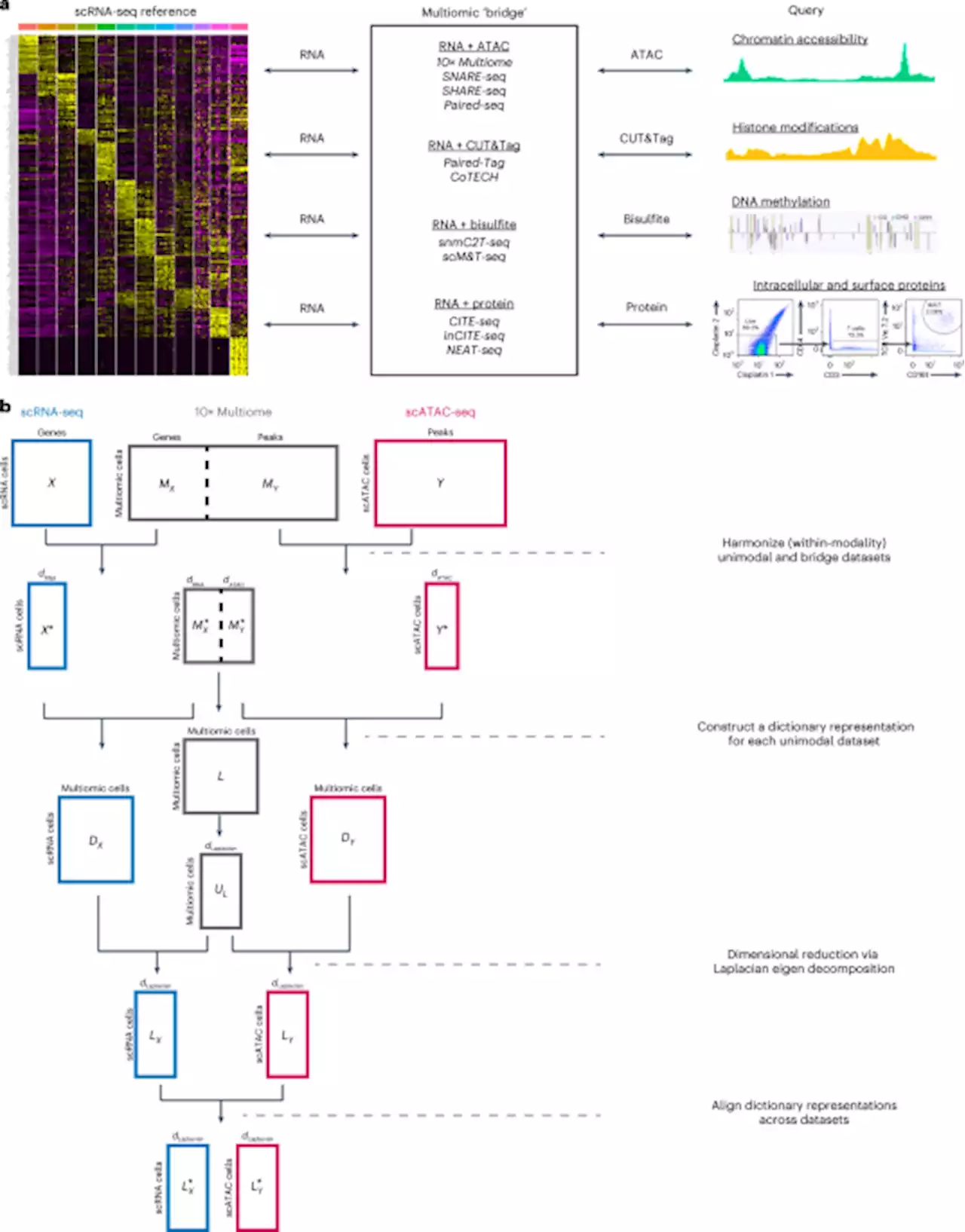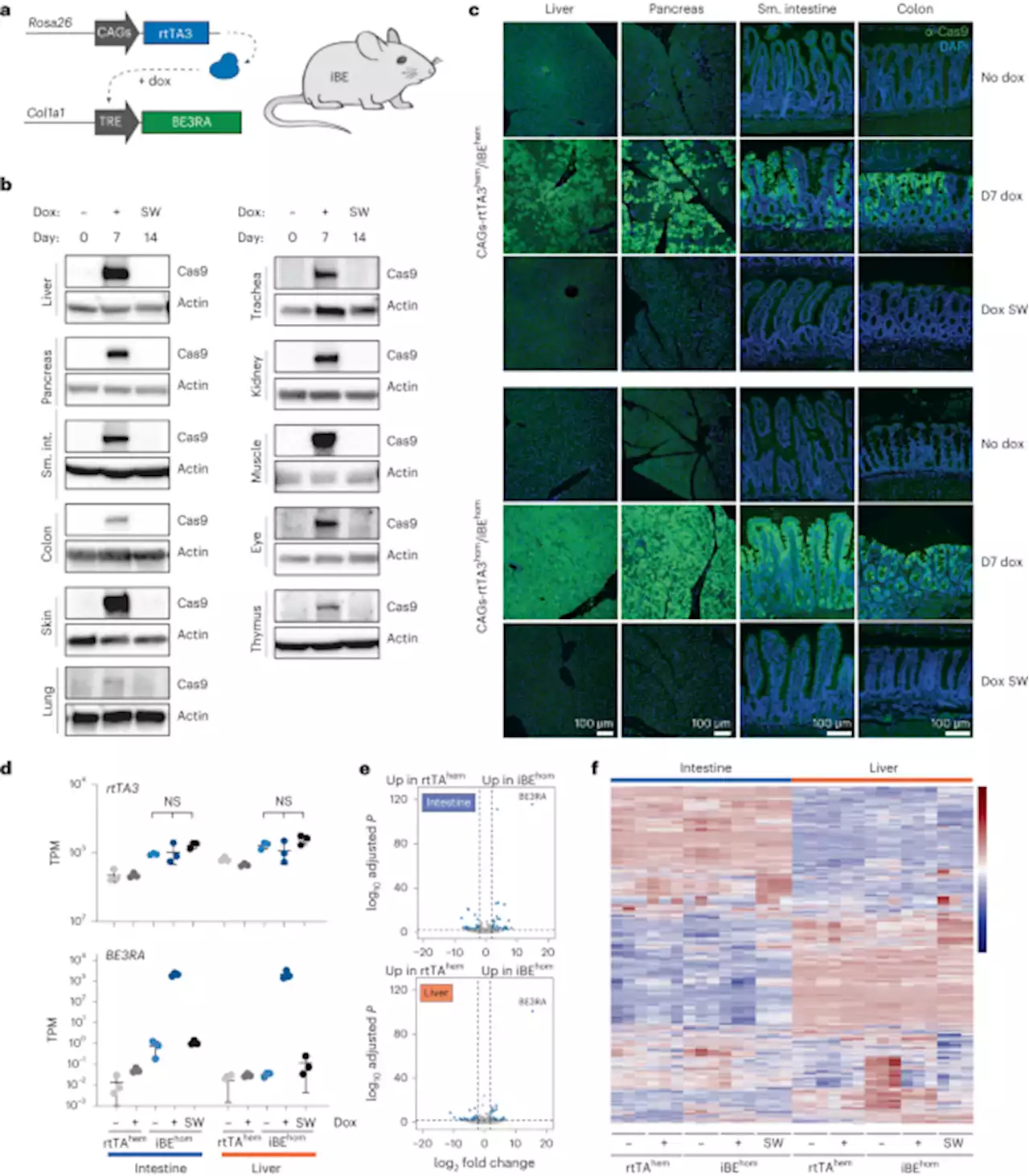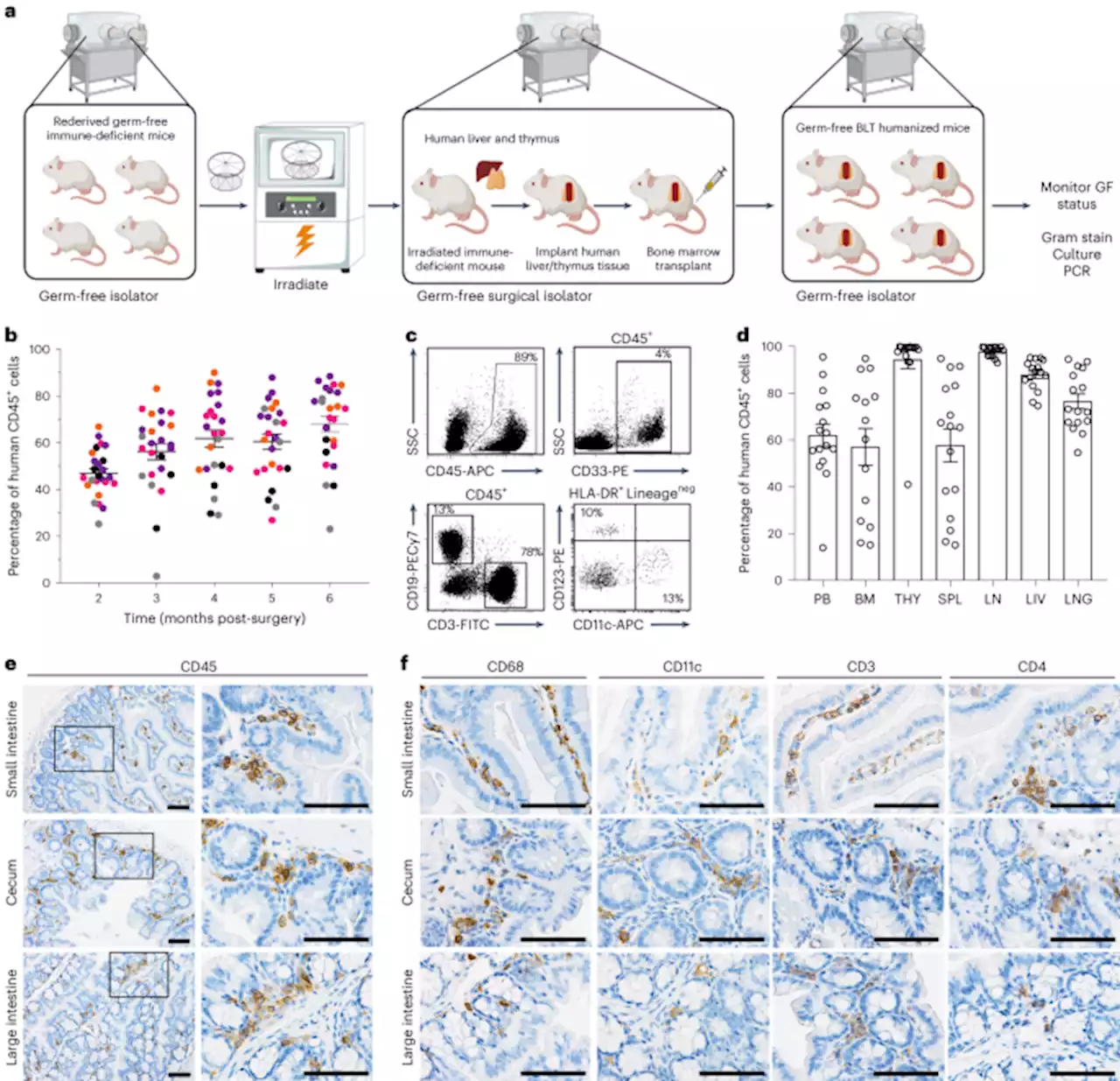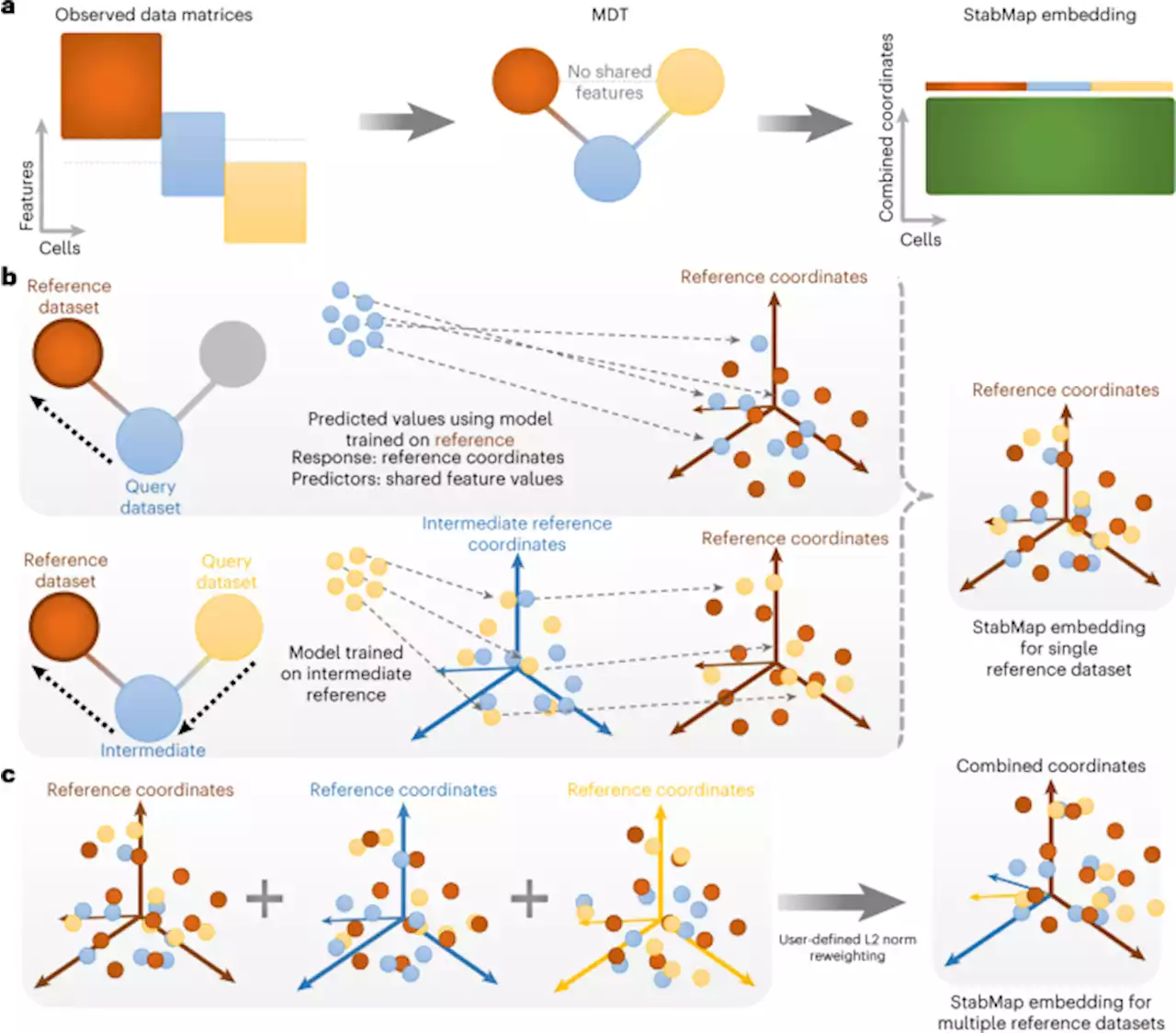Mosaic data integration is improved by capturing features that do not overlap between datasets
We used the PBMC 10x Multiome data to evaluate StabMap under the situation of multi-hop mosaic data integration. We downloaded and processed the data as described in the subsection above, with the exception that promoter peaks corresponding to specific genes were not matched to the associated genes. This resulted in a complete lack of overlap between features between the RNA and chromatin modalities.
To perform the simulation, we randomly allocated each cell into one of three classes: RNA only, chromatin only and Multiome, with varying relative proportions of cells associated with the Multiome class. Cells within the RNA class had their chromatin information ignored, and cells within the chromatin class had their RNA information ignored, while cells within the Multiome class were left unchanged.
United States Latest News, United States Headlines
Similar News:You can also read news stories similar to this one that we have collected from other news sources.
 Dictionary learning for integrative, multimodal and scalable single-cell analysis - Nature BiotechnologyReference mapping is extended beyond scRNA-seq to single-cell epigenetic and proteomic data.
Dictionary learning for integrative, multimodal and scalable single-cell analysis - Nature BiotechnologyReference mapping is extended beyond scRNA-seq to single-cell epigenetic and proteomic data.
Read more »
 Generation of precision preclinical cancer models using regulated in vivo base editing - Nature BiotechnologyThe function of single-nucleotide variants can now be tested in a base editor mouse model.
Generation of precision preclinical cancer models using regulated in vivo base editing - Nature BiotechnologyThe function of single-nucleotide variants can now be tested in a base editor mouse model.
Read more »
Advancing artificial intelligence to help feed the worldCan AI help feed the world? Our new article in NatureBiotech highlights four applications in breeding programs: 1. Deciding what to breed for 2. Phenotyping traits 3. Predicting genetic merit of individuals 4. Parent selection and optimising crossing
Read more »
 A germ-free humanized mouse model shows the contribution of resident microbiota to human-specific pathogen infection - Nature BiotechnologyA germ-free humanized mouse model shows the contribution of resident microbiota to human-specific pathogen infection
A germ-free humanized mouse model shows the contribution of resident microbiota to human-specific pathogen infection - Nature BiotechnologyA germ-free humanized mouse model shows the contribution of resident microbiota to human-specific pathogen infection
Read more »
 2 Profound Benefits Nature Can Have On Mental HealthDiscover how being connected with nature can enhance the effects of exercise and improve mental health by reducing anxiety and psychological distress.
2 Profound Benefits Nature Can Have On Mental HealthDiscover how being connected with nature can enhance the effects of exercise and improve mental health by reducing anxiety and psychological distress.
Read more »
